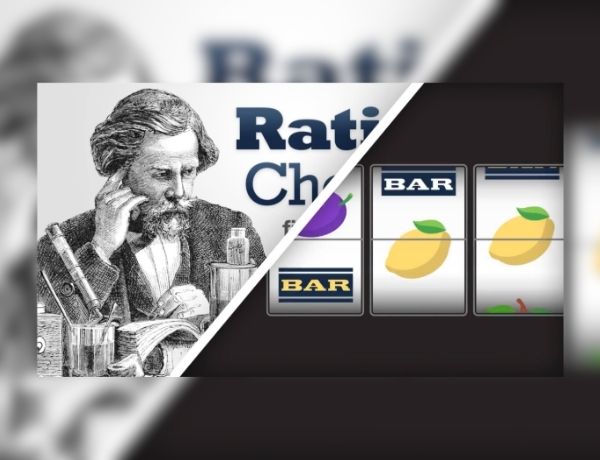Understanding Qualified Charitable Distributions
As you build your legacy, considering how to leverage your charitable contributions can be a fulfilling endeavor. Qualified Charitable Distributions (QCDs) can offer an opportunity to support your favorite causes and manage your retirement income. Here are some factors to consider with QCDs and how they've changed based on recent legislation, such as the SECURE Act.
What Is a Qualified Charitable Distribution (QCD)?
A Qualified Charitable Distribution allows individuals aged 70½ or older to donate directly from specific retirement accounts to qualified charities without recognizing the distribution as taxable income. Such distributions can help you manage your required minimum distributions (RMDs), which are required starting at age 73.
Remember, this article is for informational purposes only and is not a replacement for real-life advice. We encourage you to consult with your tax, legal, and accounting professionals before modifying your retirement income strategy.1
Age and Account Requirements
You must be at least 70½ years old to qualify for a QCD. The distribution can be made from an IRA. You can use SEP IRAs or SIMPLE IRAs so long as they are inactive, meaning that you’ve made no contributions to the account in the year the QCD is taken. However, keep in mind that 401(k)s and other non-IRA retirement vehicles do not qualify for QCDs.
Once you reach age 73, you must begin taking RMDs from a traditional IRA, SEP IRA, or SIMPLE IRA in most circumstances. Withdrawals from traditional IRAs are taxed as ordinary income and, if taken before age 59½, may be subject to a 10% federal income tax penalty.
To qualify for the tax- and penalty-free withdrawal of earnings, Roth IRA distributions must meet a 5-year holding requirement and occur after age 59½. Tax-free and penalty-free withdrawals can also be taken under certain other circumstances, such as the owner's death. The original Roth IRA owner is not required to take minimum annual withdrawals.1
Limits and Adjustments
The maximum annual limit for QCDs is currently set at $108,000 for 2025, an amount that adjusts for inflation yearly. Therefore, staying updated on the annual cap is important, as it can influence your donation strategy.1
Financial Advantages
In addition to helping you support a charity, a QCD may also offer to help you manage your tax situation. IRA withdrawals are generally taxable, but QCDs are excluded from taxable income, meaning they don’t increase your adjusted gross income (AGI). For some, this may be an opportunity to consider when balancing supporting a charitable organization and managing taxes.
Additionally, QCDs enable you to satisfy your RMD requirements. You also benefit from the fact that you don't need to itemize deductions to take advantage of a QCD, allowing you to use the standard deduction.1
Again, this article is for informational purposes only. Speak with your tax, legal, and accounting professionals if you have specific questions about your deductions.
Charity and RMD Considerations
QCDs are versatile in that there is no restriction on the number of charities you can support, provided they qualify under IRS guidelines. However, the donation must go directly from your IRA to the charity to be a QCD. Gifts made as QCDs can fulfill all or part of your annual RMD requirement. It's worth noting that if you donate over your RMD amount, the excess cannot be rolled over to the next year's RMD.
Final Key Details
It's prudent to confirm the status of your chosen charity through the IRS Online Search Tool or by consulting with a professional who can speak to the tax status of the organization. If you withdraw and then donate the funds, it does not count as a QCD and becomes taxable.
As with most financial strategies, your state may have specific rules impacting how QCDs are treated. It's vital to check with a tax professional about state-specific regulations.
1. IRS.gov, 2025
The content is developed from sources believed to be providing accurate information. The information in this material is not intended as tax or legal advice. It may not be used for the purpose of avoiding any federal tax penalties. Please consult legal or tax professionals for specific information regarding your individual situation. This material was developed and produced by FMG Suite to provide information on a topic that may be of interest. FMG Suite is not affiliated with the named broker-dealer, state- or SEC-registered investment advisory firm. The opinions expressed and material provided are for general information, and should not be considered a solicitation for the purchase or sale of any security. Copyright 2025 FMG Suite.




